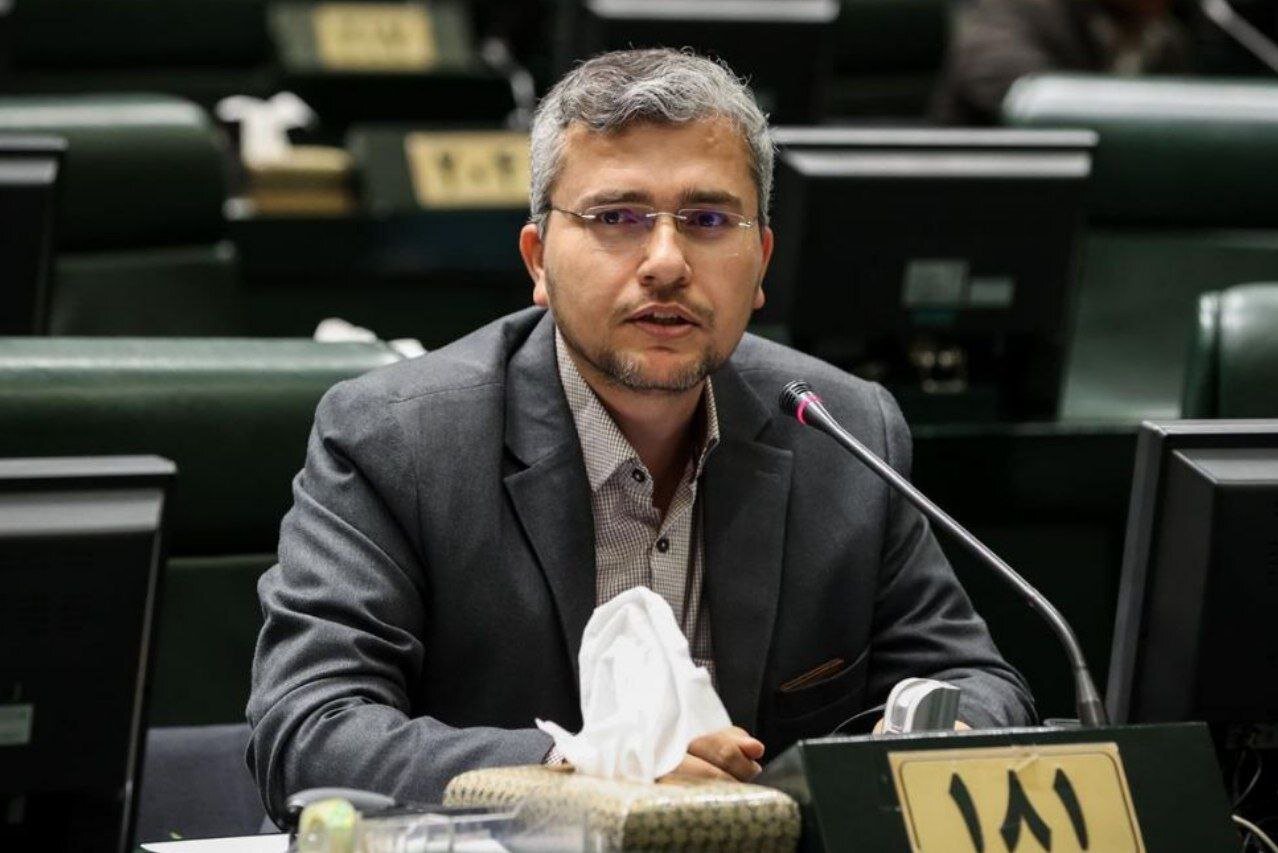
Similar Posts
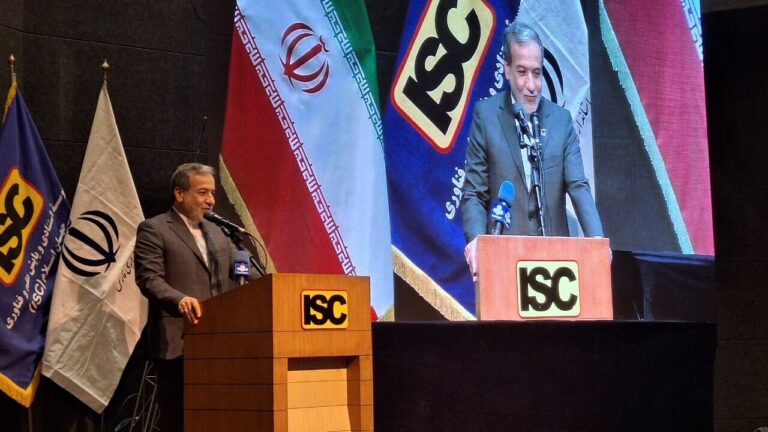
Iran’s Foreign Minister: Evading Sanctions Enhances Tehran’s Negotiating Strength
At a recent conference in Shiraz, Iranian officials, led by Abbas Araghchi, emphasized the significance of economic diplomacy and good neighborliness in fostering commercial relationships amidst ongoing sanctions. Araghchi outlined the Foreign Ministry’s role in supporting Iranian businesses by identifying non-sanctioned trade opportunities and countering economic restrictions. He asserted that U.S. sanctions have not succeeded in undermining the resilience of the Iranian people, noting that the U.S. has acknowledged there are no new sanctions to impose. The conference aimed to enhance trade relations and explore new markets, highlighting Iran’s strategy to strengthen economic diplomacy and overcome external challenges.
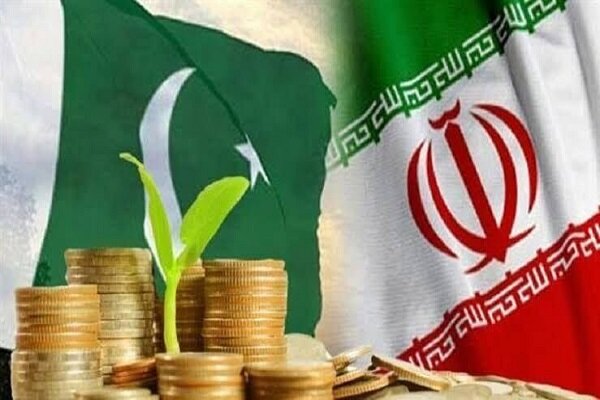
Iran and Pakistan Forge New Trade Alliances and Launch Direct Flights for Economic Growth
The introduction of direct flights between Iran and Pakistan is set to enhance economic growth and strengthen bilateral ties, particularly between less developed border provinces. Iranian Ambassador Reza Amiri-Moghaddam emphasized that existing travel barriers hinder commercial relations. Proposed routes between Tehran-Islamabad and Zahedan-Quetta aim to ease travel, reduce costs, and eliminate reliance on third countries. Pakistan’s Deputy Minister of Defence expressed support for expanding aviation ties, potentially linking other cities like Multan and Sialkot to Iranian destinations. This initiative could boost tourism, trade, and cultural exchanges, paving the way for deeper cooperation and economic integration between the two nations.
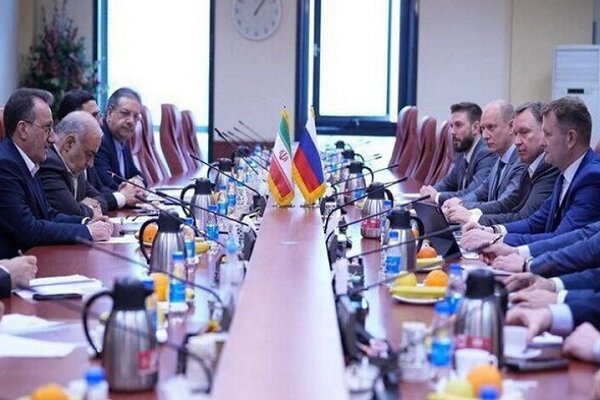
Iran and Russia Strengthen Maritime Cooperation in the Caspian Sea: A New Era of Naval Partnership
The Russian Ministry of Transport is collaborating with Iran to enhance maritime operations, particularly at Makhachkala port, to improve the efficiency of goods handling. Recent discussions led to the signing of a roadmap for transportation cooperation through 2025, aimed at strengthening bilateral ties and operational efficiency. Key initiatives include issuing drivers’ visas, boosting cargo and passenger transport, and enhancing air transport cooperation. The upcoming Third Caspian Economic Forum in Tehran is expected to foster regional economic collaboration, while a special meeting will further align strategies for maritime development. Overall, these efforts signify a promising trajectory for Iran-Russia maritime collaboration.
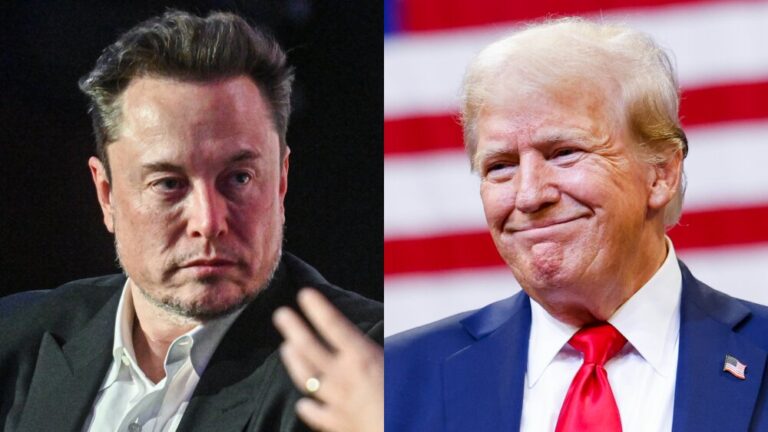
Musk Promises Groundbreaking Revelations of Billions in ‘Fraud and Abuse’ at the Pentagon
Former President Donald Trump has expressed expectations that Elon Musk will reveal evidence of significant financial misconduct within the Pentagon, claiming billions have been misappropriated. This has sparked renewed debate about defense spending efficiency, especially with the Pentagon’s budget nearing $1 trillion annually. National security adviser Mike Waltz has called for reforms in defense spending practices. Musk, appointed to lead the “Department of Government Efficiency,” aims to streamline operations and reduce the national debt, but critics question his qualifications and the legality of his role. The ongoing Pentagon audit may uncover inefficiencies and set a precedent for future government financial practices.
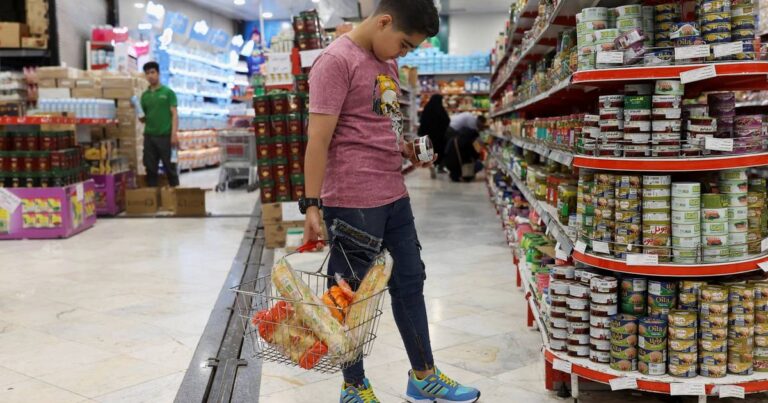
Iran’s Wage Crisis: Navigating Sanctions and Economic Turmoil
As Iran’s fiscal year ends in March, the government faces the challenge of raising wages amidst a 40% inflation rate, which has driven millions into poverty. Currently, workers earn under $150 monthly, while a family of three needs at least $450 for basic needs. Experts warn that doubling wages is impractical due to the government’s financial constraints and potential economic fallout. Economists like Morteza Afqah emphasize that resolving Iran’s economic crisis requires addressing foreign policy issues and securing sanctions relief. Public sentiment is growing for negotiations with the West, as leadership grapples with the implications of their choices on the nation’s future.
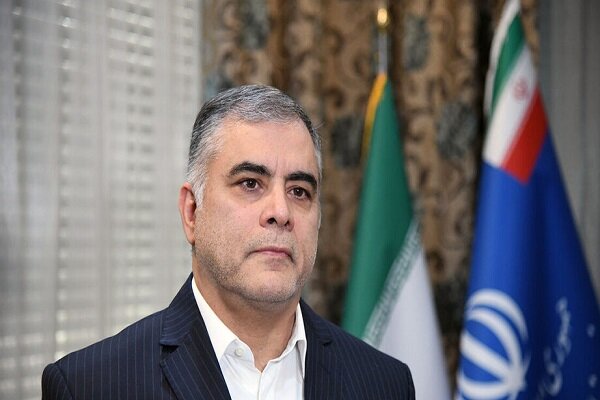
Iran’s Oil Minister Visits Iraq to Fuel Energy Talks and Strengthen Bilateral Relations
Iranian Oil Minister Javad Paknejad is in Baghdad for a two-day visit focused on strengthening energy cooperation between Iran and Iraq. He paid respects at a memorial site, emphasizing the cultural ties between the nations. Paknejad plans to engage in discussions with Iraqi officials, including the Prime Minister and Ministers of Oil and Electricity, with the aim of signing cooperation agreements related to gas supply and expanding collaboration in oil, gas, petrochemicals, and electricity. This visit reflects Iran’s commitment to enhancing regional energy ties, which are crucial for both countries’ economic stability and security.